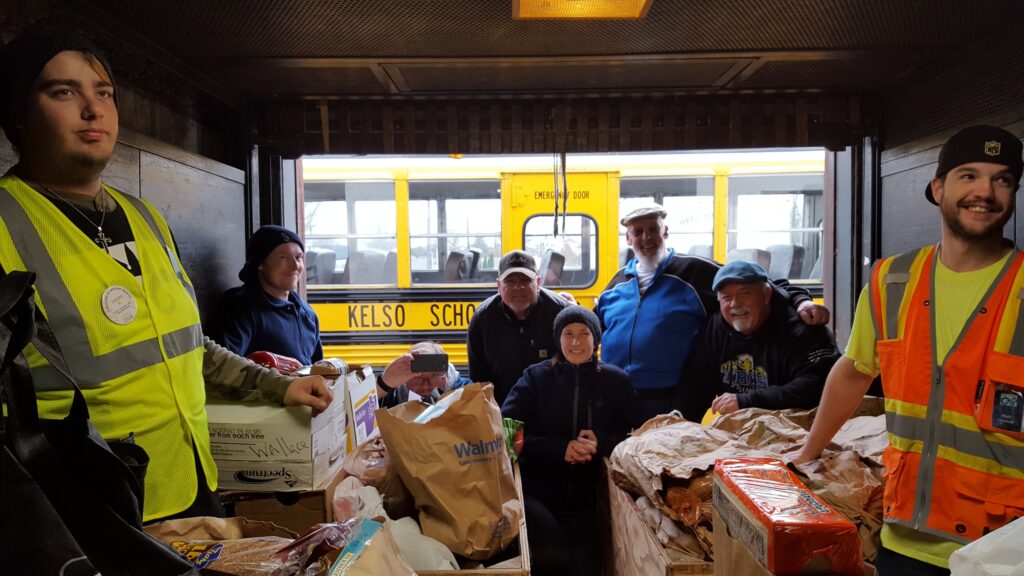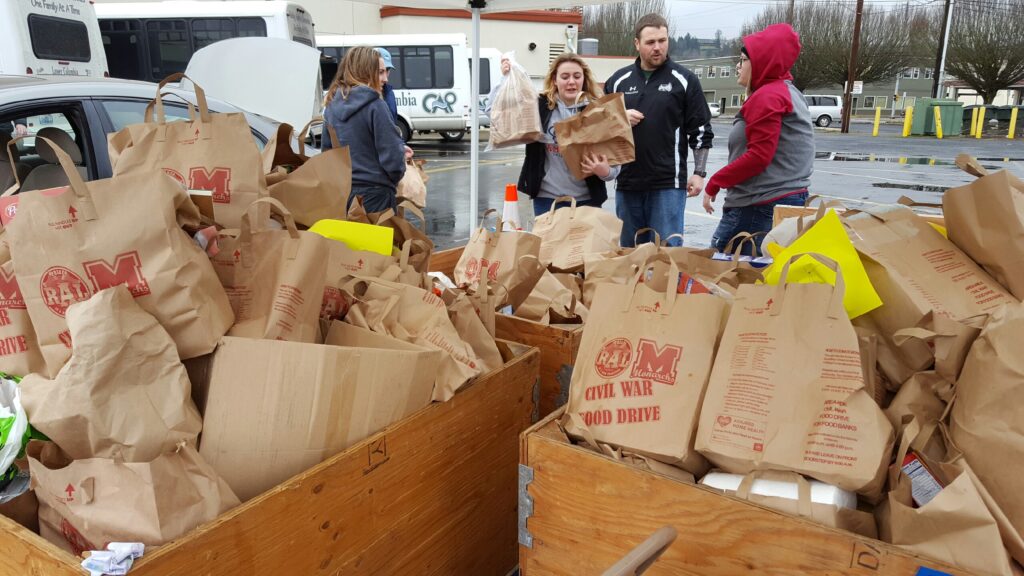Tami Turner works from 6 in the morning until 8 or even 10 at night in her gardens and greenhouses way at the top of Rose Valley Road.
“Yes, I’m working very, very hard, only me,” said Tami, a 65-year-old Japanese woman who married Bob Turner in 2004 and moved to the local area with him in 2005.
Bob, a 71-year-old Illinois native who served in Army intelligence at the time of the Berlin Wall and later worked for Bendix and Rockwell, met Tami through a mutual friend, a Frenchman.
“He got us talking,” said Bob, “and we felt compatible. Tami made a decision, and she loaded her cat up in a box and came over” from an island in southwest Japan called Shikoku.
“I’m a Christian, so there was no fooling around, ” said Bob, who was working at the time for Homeland Security in Las Vegas, where he and Tami could easily tie the knot.
They came north in his fifth wheel and found the acreage and house for sale off of Maranatha Road near the woodsy Mountain Ministries enclave.
Thirty miles to the east as the crow flies is Mount St. Helens, and the crow could get there with few obstacles — the Turners’ property sits at an elevation of 1,400 feet. The foothills of the Cascades are not unlike the densely wooded mountains that fill Tami’s home island in Japan; perhaps it’s why she has taken to the area with such zest.
Whatever the reason, the Japanese transplant literally dug in, transforming the rocky landscape into a series of lush growing areas.
She has a half acre sown in wildflowers, roses, lillies, delphinia, crocosmia, peonies and daisies, bordered by 2-foot boulders she wrestled from the ground and moved herself.
“I do this by hand!” she said, including the weeding. “Oh, it’s hard work.” One morning, she said, she disposed of 500 slugs.
On the other side of the property from the sloping flower gardens are two greenhouses, one 40-by-20 feet and the other about half that size, built by Bob.
The moist enclosures with their soft dirt floors burst with salad greens — a feathery lettuce called mizuna that has a peppery taste, enormous heads of Romaine, arugula, and cabbages the size of basketballs, “probably the best you’ve ever eaten,” Bob said. “Very good in cole slaw.”
Tami also uses Chinese cabbage to make kimchi, a Korean specialty of pickled cabbage, garlic, ginger, salt and pepper.
Outside the greenhouses are 40-foot rows of fast-emerging carrots, beans and sweet peas, dainty Japanese egg plants, Japanese and Siberian tomatoes.
“Tami has figured out how to make these things grow,” said Bob, clearly in awe of his wife’s boundless skill and energy.
The Turners, who attended the Business Builder program at CAP in Longview, said they received all kinds of good ideas there. They presently will contract with customers to deliver weekly supplies of produce through beehive-enterprises@teleport.com, and are planning to hold classes at their place where Tami can share her knowledge of the benefits of individual plants.
“If somebody has a problem, my plants and vegetables can help,” she said, smiling from under her straw hat. “I cannot prescribe, no, but I can explain how to eat for good health. … In Japan, it is common sense, but how to explain this to Americans?”
In Shikoku, she said, people typically live well into their 90s. “When I was in Japan, I was healthy, but when I came here and ate food from the supermarket, I felt quite weak.”
Ever since she has had her own source of fresh produce, she feels strong, Tami said. “People who eat fresh, local, they can live quite a long life.”
Although Tami emphasizes the health needs of middle-aged and older women, “this food is good for everyone,” she said.
She plucks bent-necked, knobby Japanese cucumbers off of a plant, rinses them off and hands them to visitors. “Eat all, don’t peel.” Indeed, the cucumbers can be devoured whole and have a meaty yet crisp texture and lovely flavor.
Chunky Japanese radishes bulge under low leaves, the ones called Daikon as well as others.
“Not hot,” said Tami, meaning spicy. “Good for stews, soup, salad.”
She uses no chemical fertilizers, raising white Suffolk chickens instead and depending on chicken manure to “vitalize the soil.”
To dress and season greens, Tami uses soy sauce, fresh ginger and garlic, vineger, sesame oil, olive oil, pepper and a special “natural healthy salt” from a natural salt mine in Utah that reportedly has 26 minerals in it.
She and Bob also sell buckwheat honey and clover honey, and are vehement about the superior properties of natural honey compared to commercial brands sold in groceries, which are not even 100 percent honey.
Local honey from beekeepers can treat some skin disorders, soothe sore throats and coughs and help cure allergies, said Tami, who has two teaspoons of it daily — and no more hay fever.
“If Chinese are using honey as a medicine for 5,000 years, maybe it is a good idea,” she said. Don’t use it in cooking or put it in the microwave, she added. “Honey is a living thing. If we heat it, all goodness is gone.”
She also advises people to eat foods in the season they’re grown. Kimchi is made with cabbage, for instance, which matures “in late autumn — October and November,” she said, and that dish “makes your body warm. In summer, (lettuce) leaves and fruit make your body cool. Very natural! If you eat foods from different seasons in their best time, it is healthy.”
Business Builder roots
Bob and Tami Turner said they got support and ideas for their agricultural enterprise from the Business Builder program offered by Lower Columbia Community Action Program (CAP) in Longview.
Business Builder is an eight-week course about deciding whether or not to start a business, and how to develop one if it seems right. People who already own a small business also benefit from the program.
The course, for residents of Cowlitz County, covers financing, licenses, permits and insurance; buying a business or franchise, accounting, marketing and managing employees.
The classes are free, but the textbook costs $35.
Interested persons should call Liz Myntti at 360-425-3430 ext 215.



